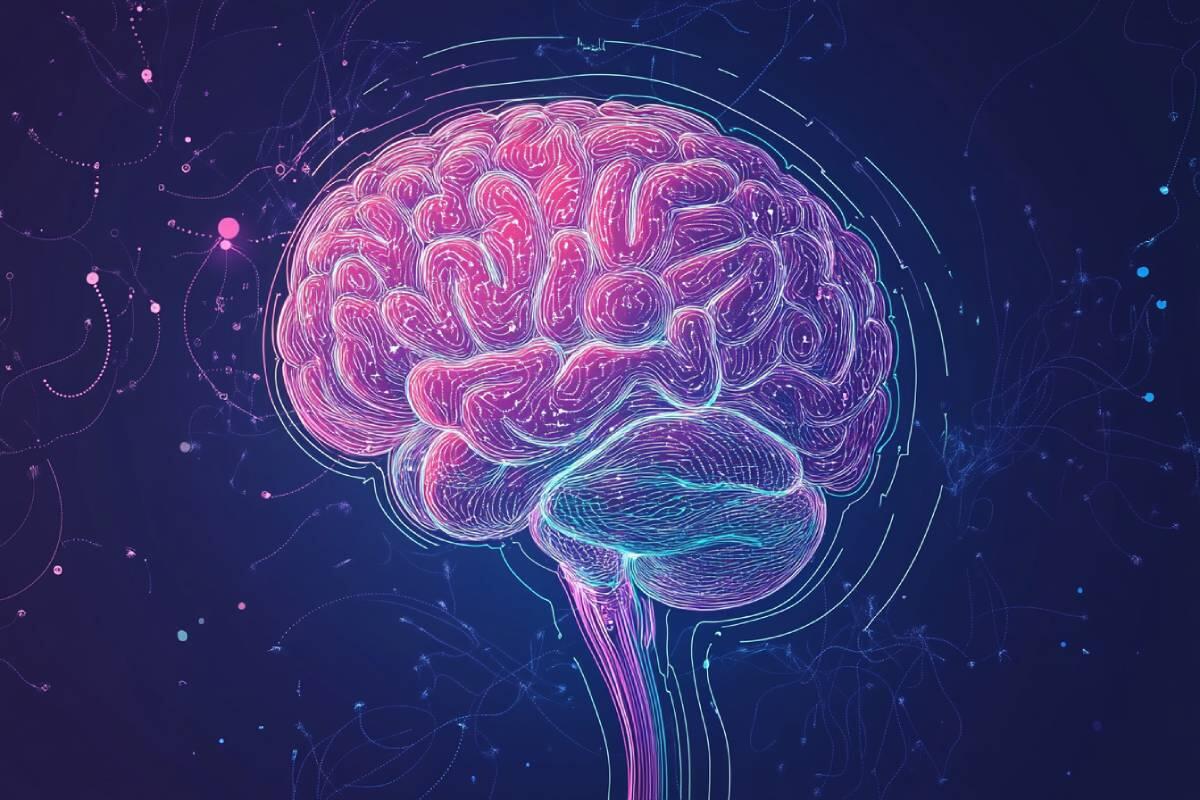Irritable Bowel Syndrome: What It Is and How to Prevent It
Have you ever heard of Irritable Bowel Syndrome (IBS)? When we hear this term, we often think of symptoms like heartburn, cramps, and constipation. But is the discomfort caused by this condition limited to just that?
Keep reading to understand what it means to be diagnosed with IBS, the treatment options available, and whether there are ways to prevent it.
Symptoms and Possible Causes of Irritable Bowel Syndrome
How does Irritable Bowel Syndrome develop? Does what we eat make a difference? And what about our thoughts?
Medical research has increasingly explored the connection between the gut and the brain. The gut is even considered our "second brain", as it houses millions of neurons and significantly influences our physical and mental well-being.
The medical literature has already adopted the term "gut-brain interaction", addressing what were previously referred to as "functional gastrointestinal disorders."
Irritable Bowel Syndrome manifests through a set of uncomfortable symptoms, which may include pain and intestinal dysfunctions, without necessarily showing detectable structural changes.
📌 Main Symptoms:
✔ Frequent episodes of cramps, gas, diarrhea, or constipation.
✔ A feeling of bloating and constant discomfort.
✔ A significant impact on the patient’s quality of life.
📌 Possible Causes:
✔ Infections or inflammatory processes in the intestines.
✔ Stress and emotional imbalances.
✔ Poor diet, with excessive consumption of fats, sugars, and alcohol.
Diagnosing Irritable Bowel Syndrome is complex because its symptoms are similar to those of other gastrointestinal diseases. To confirm the condition, doctors perform a diagnosis by exclusion, ruling out other conditions through clinical tests, such as stool analysis and Colonoscopy.
⚠ Important: Investigating symptoms is crucial to rule out more severe conditions, such as colon cancer.
What Are the Treatment Options?
There is no definitive cure for Irritable Bowel Syndrome. Treatment is individualized and depends on the assessment of a Gastroenterologist and/or Nutritionist.
📌 Main Approaches:
✔ Use of specific medications to regulate bowel movements and relieve pain.
✔ Dietary adjustments, including foods that promote gut health.
✔ Stress management, through psychological support and alternative therapies.
The condition can recur periodically, especially if the patient does not change lifestyle habits, such as diet and stress control.
Patients who only use temporary medications or make short-term dietary changes may experience relapses, as the intestines remain vulnerable to new imbalances.
📌 Factors That Can Worsen Symptoms:
✔ Episodes of stress and anxiety.
✔ Excessive consumption of dairy products, grains, fatty foods, and alcohol.
✔ The impact of other intestinal diseases on digestive function.
Is There a Way to Prevent Irritable Bowel Syndrome?
There is no specific prevention for IBS, as it can arise from multiple factors. However, certain habits can help reduce risks and improve gut function:
✅ Balanced Lifestyle:
✔ Engage in regular physical exercise.
✔ Prioritize quality sleep and avoid sleep deprivation.
✅ Stress and Emotional Well-being Management:
✔ Seek psychological therapy or alternatives such as meditation and yoga.
✔ If necessary, follow a medication plan for anxiety control.
✅ A Diet Rich in Prebiotics and Probiotics:
✔ Include fiber-rich foods to strengthen the gut.
✔ Consume probiotics to balance gut microbiota.
The Importance of Prebiotics and Probiotics
The recommendation to consume fruits and vegetables daily has existed for centuries. Both ancient medicine and modern scientific research agree that these foods are essential for health.
📌 What Are Prebiotics?
Prebiotics are fiber-rich compounds found in certain foods that feed beneficial gut bacteria.
✔ Natural sources of prebiotics:
✔ Fruits and vegetables (bananas, garlic, onions, artichokes).
✔ Oats and whole grains.
✔ Legumes (beans, lentils, chickpeas).
⚠ Some high-fiber foods may cause gas in certain individuals, such as cabbage and sweet potatoes.
📌 And What About Probiotics?
Probiotics are live microorganisms that balance gut flora and strengthen the immune system.
✔ Natural sources of probiotics:
✔ Kombucha, kefir, and natural yogurt.
✔ Sauerkraut and kimchi (natural fermented foods).
Both prebiotics and probiotics help fight harmful bacteria, reduce inflammation, and improve digestion.
The Gut-Brain Connection and Mental Health
The relationship between the gut and the brain has been the focus of many recent studies. According to PubMed (the scientific database of the U.S. National Library of Medicine), in 2023 alone, over 1,845 studies were published on this subject.
📌 Key Findings:
✔ The gut directly influences mood and mental health.
✔ Diet and habits can impact mental disorders such as anxiety and depression.
✔ Balancing gut microbiota can contribute to greater emotional well-being.
Science continues to advance, providing new insights into how our diet and emotions are interconnected.
⚠ This article does not replace medical consultation! If you frequently experience symptoms, seek a healthcare professional.
References
🔹 Einstein - Irritable Bowel Syndrome
🔹 Dráuzio Varella - IBS Diagnosis
🔹 Jornal USP - Gut-Brain Connection
🔹 MPU Saúde - Prebiotics, Probiotics, and Gut Health
